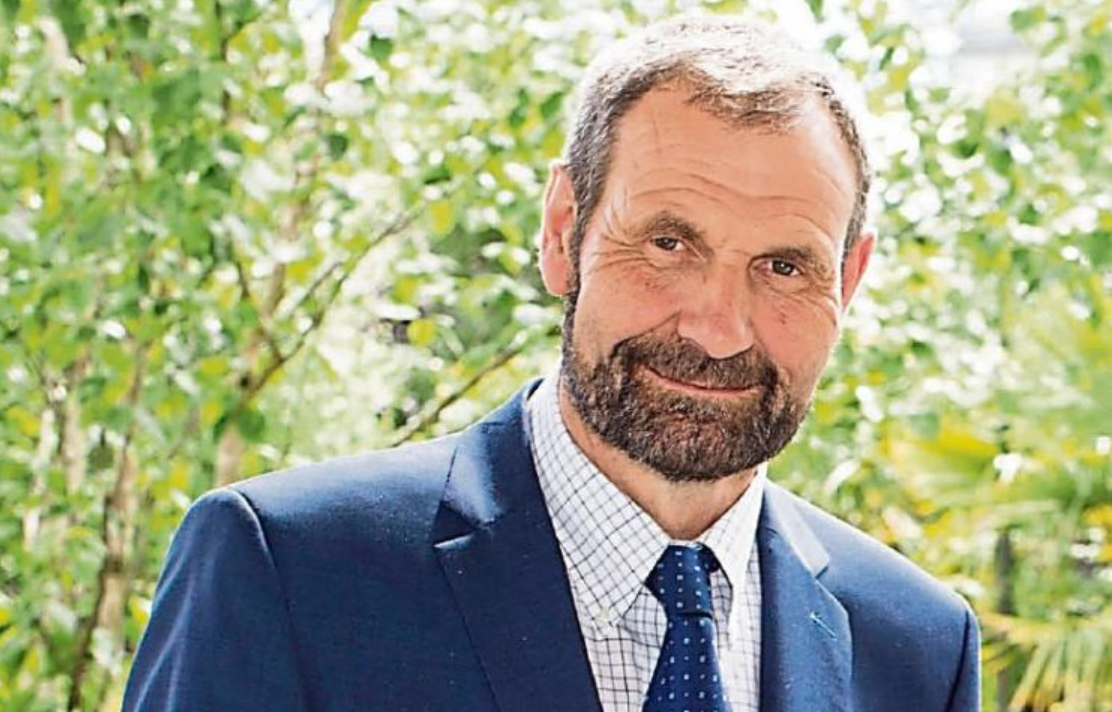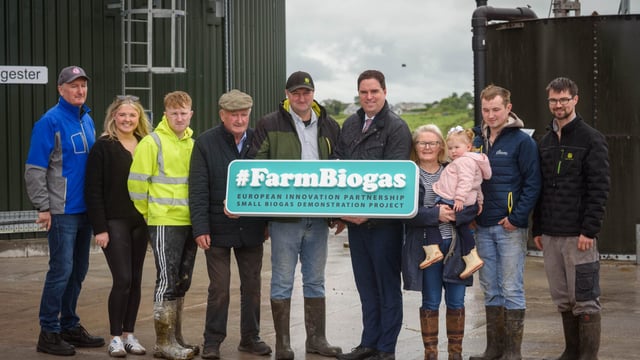Food Vision 2030: Mixed reaction to new 10-year industry strategy
Ireland's ambitious food and drinks strategy, Food Vision 2030, has generated mixed reactions among farming, industry and environmental bodies.
The 10-year strategy, described by government as an ‘ambitious and innovative roadmap' for the agri-food sector aims to grow our agri-food exports from €14 billion to €21 billion by 2030.
While acknowledging the strategy's strengths, several bodies have highlighted a number of issues within its detail.
President of the Irish Creamery and Milk Suppliers Association (ICMSA) Pat McCormack, said that the ambitions contained in the document were both notable and achievable and there was no doubt that export values could be grown.
But, he said that the strategy was "crippled by our official inability or unwillingness to actually state categorically to the public that food prices must and will increase as part of that drive to become more sustainable".
The issue of cost and its relation to a transition to greater sustainability is a serious one, he said, and that cost must be borne by all the links in the food-supply chain - including the consumer - he added.
“The journey we are already on towards a more sustainable model of farming and food production has dominated the debate to the exclusion of practically everything else for certainly the last five years," he said.
“There is a fundamental and disqualifying incoherence at the heart of Ireland’s drive to greater food and climate sustainability.
"This lack of clarity is going to undermine that intent and ambition of strategies like Food Vision 2030 and it’s actually just delaying a very necessary conversation we as a society need to have about what we all need to do going forward – not just the farmers, not just the co-ops and not just the regulatory agencies, but actually the consuming public as well," he said.
Friends of the Earth director, Oisín Coghlan, said that he looked forward to "agriculture doing its fair share" in the job to combat our climate crisis and welcomed the fact that final targets for the sector will be set under the new climate law.
"This industry-led plan for agriculture is not aligned with our international obligations on climate pollution, biodiversity and water quality," he said.
"I look forward to agriculture doing its fair share as the Oireachtas sets Ireland's first carbon budget in the autumn and the government sets challenging five-year targets for every sector."
Drinks Ireland, the representative body for Irish drinks manufacturers and suppliers, has welcomed the publication of the strategy, particularly the inclusion of actions to support export growth and market diversification.
The body said that it had pushed for the inclusion of a commitment to increase tillage production, which has featured in the strategy, and while this has been welcomed, it has called for an implementation plan to be created to deliver this target.
Patricia Callan, director of Drinks Ireland said:
“Ireland’s agriculture and drinks sectors are intrinsically linked. A 2020 report from Teagasc found that the Irish drinks industry is supported with grain production from more than 2,000 farmers producing approximately 300,000 tonnes of grain from approximately 45,000 ha.
“However, we believe that this target requires more detailed definition, to include a focus on reversing the loss of land planted under spring barley. We believe there is a need for a detailed implementation plan to drive the delivery of this target.”
The Irish Co-operative Organisation Society (ICOS) has broadly welcomed the strategy.
ICOS president, Jerry Long said:
"Ireland is already a positive actor in this regard where the competitive advantages of our grass-based production system and the low carbon footprint of the dairy sector, based on international comparisons, can be further enhanced and optimised.
“We will work to achieve this strategy through knowledge, innovation, the application of science and best practices in farming and food processing, in parallel with our commitment to protecting the environment and assuring the long term sustainability and viability of our farm families and our enterprises for the future,” he said.








